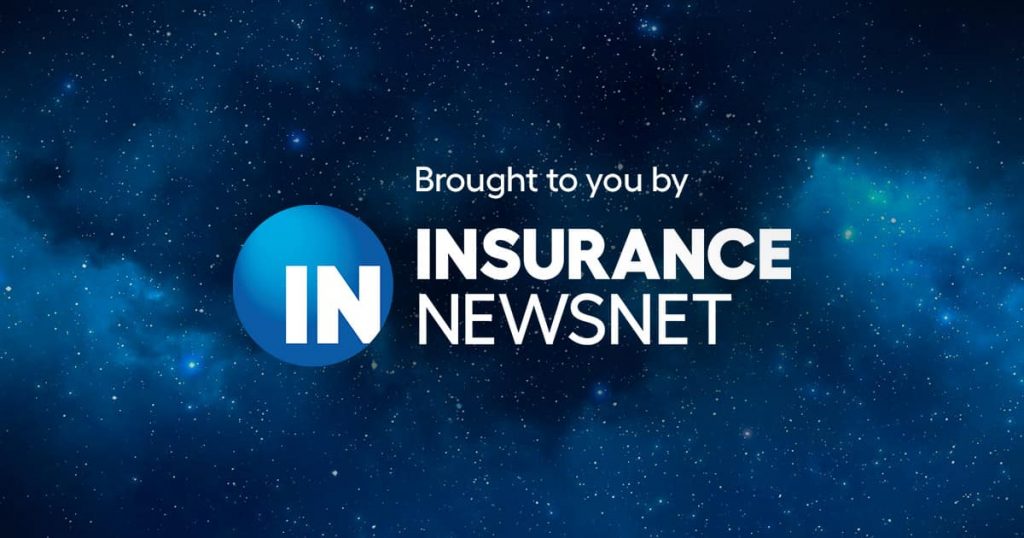It was the tragic story of 12-year-old Deamonte Driver – a boy who died of an untreated tooth infection that spread deadly bacteria to his brain – who first forced Maryland advocates fighting to extend dental coverage to low-income children in 2007.
While advocates have made significant progress in dental coverage for children of Marylandthe organization at the forefront of this work, the Maryland Dental Action Coalition (MDAC), then turned its attention to expanding dental coverage for adults on Medicaid.
And now, more than 15 years after MDAC and the advocacy community began their work, on January 1, 2023more than 800,000 adult Maryland Medicaid beneficiaries finally had access to comprehensive dental coverage.
This is an important victory for Maryland and the many low-income adults and people with disabilities who rely on Medicaid for essential health care services.
And it should serve as a call to action for other states to follow suit and finally make access to oral health care more equitable for the millions of people across our country who currently do not have this cover.
According to data from CareQuest Institute for Oral Health Survey of the State of Oral Health Equity in America, 77 million adults in the United States do not have dental benefits, three times the number of people without medical insurance. This lack of coverage disproportionately impacts blacks and Latinos, tribal and rural communities, and people with disabilities.
The lack of dental benefits available to Medicaid-eligible adults contributes to this coverage gap, as providing dental coverage to adult enrollees is currently optional for state Medicaid programs. Thanks to the remarkable work of community advocates and policy makers, states such as Maryland have acted to bolster their Medicaid programs by adding adult dental coverage.
However, while most states offer at least emergency dental benefits for adults (defined differently by states), many do not offer dental care beyond emergency procedures or have any coverage at all. That leaves Medicaid-enrolled adults in need of dental care with the untenable choice of going to the emergency room or suffering pain.
The case for implementing Medicaid adult dental benefits goes beyond the moral imperative. If better and improved health for the population is the responsibility and mandate of the state, and if the vast disparities between socioeconomically disenfranchised and historically marginalized populations are well documented, then the onus is on the state to to address access to care among those most affected and affected. disproportionately represented among Medicaid enrollees.
Additionally, lack of dental insurance is a major contributing factor to disparities in overall health outcomes, making the expansion of Medicaid adult dental benefits a powerful lever for achieving oral health equity. and global.
For example, Medicaid-eligible adults also experience significantly higher rates of diseases linked to poor oral health, such as cardiovascular disease, oral cancers, and substance use disorders, made worse by a lack of access to necessary preventive oral health care.
Expanding Medicaid coverage also has compelling economic benefits. Nearly 80% of dental visits to the emergency room, which are expensive for the health system $2.1 billion annually, are preventable and treatable in a dental practice.
In Marylanda CareQuest Institute study found that the state was spending $10 million per year for these visits for Medicaid patients, which are costly, ineffective, and largely preventable with accessible preventive dental care.
Additionally, adults who obtain dental coverage through Medicaid report improved oral health and employability. CareQuest Institute research conducted before the pandemic found that ensuring access to dental care for all working adults would create $14.2 million in federal tax revenue and save $7.9 million in unemployment benefits.
While progress in Maryland is a monumental step in equitable access to care, much work remains to be done. MDAC and the advocacy community focused on implementation, including working with partners and stakeholders on a significant consumer education and outreach campaign to provide accurate information and ensure registrants are about dental benefits and help them access them. They also work with the Maryland State Dental Association and other partners to recruit providers to participate in the state dental program, Maryland Healthy Smiles, to cover the increase in the number of people seeking dental care.
By extending supplementary dental benefits to adults on Medicaid, Maryland policy makers have recognized that oral health has an impact on overall health, well-being and economic security. This was the culmination of an arduous journey that began in 2007 and is a critical step towards improving access to care and creating an equitable oral health care system for the people of Maryland – a model that we hope can be replicated nationally.
Kaz RafiaDDS, MBA, MPH, is Head of Health Equity at CareQuest Institute for Oral Health. Mary Backley is the CEO of Maryland Dental Action Coalition.

